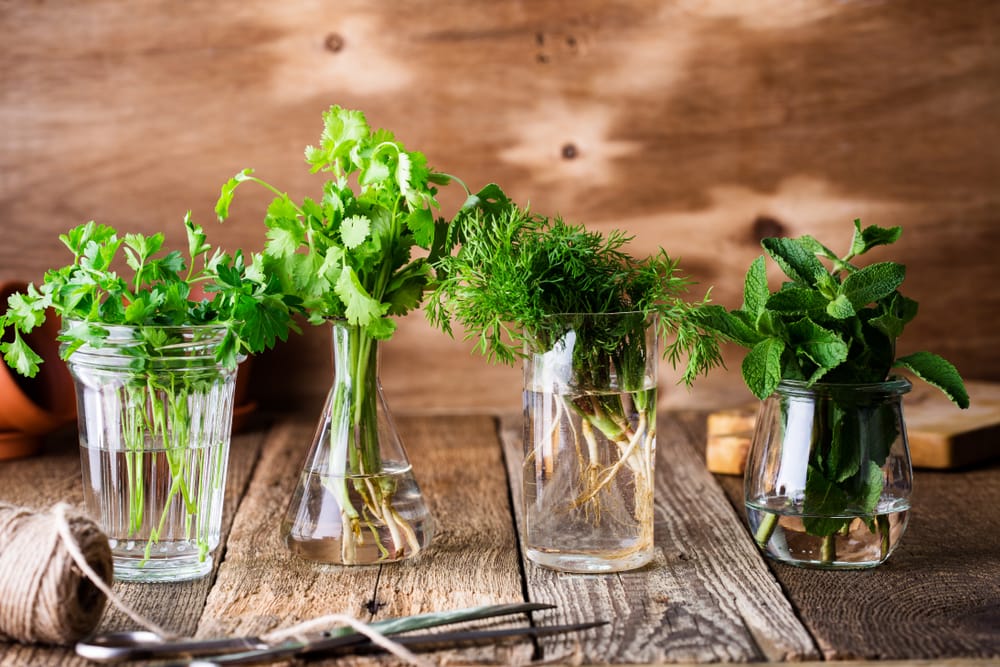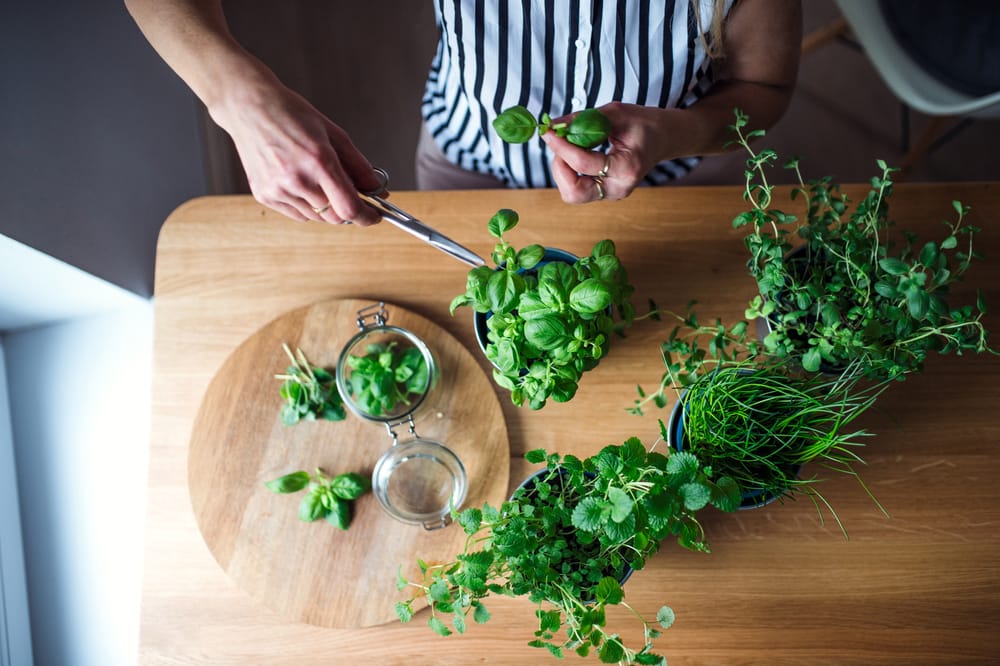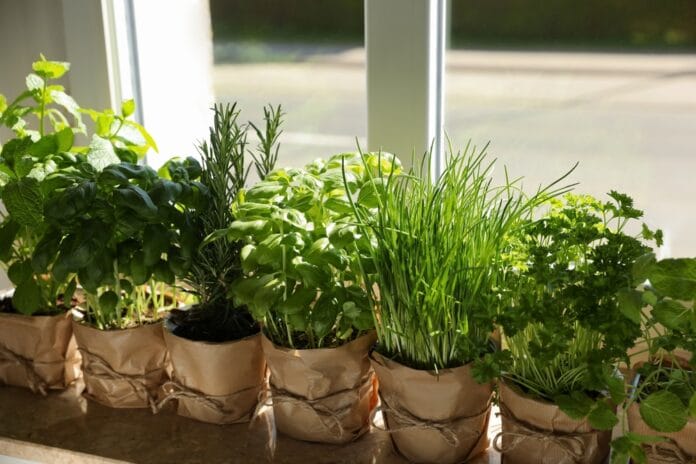Imagine stepping into your kitchen, reaching out, and plucking fresh basil leaves for tonight’s pasta. It sounds idyllic, doesn’t it? Growing your own herbs at home isn’t just about adding flavor to your meals—it’s about transforming your space, reconnecting with nature, and making sustainability a part of your daily life.
But where do you start? You don’t need a sprawling backyard or a green thumb. Even in the smallest of kitchens, with the right know-how and a bit of care, you can cultivate a thriving herb garden.
Let’s dig in—literally.
Why Grow Herbs at Home?
Freshness. That’s the obvious reason. Homegrown herbs taste better. They’re vibrant, fragrant, and free of the chemicals often found in store-bought produce. But the benefits go far beyond the plate.
There’s a sense of satisfaction that comes from growing your own food. Watching a plant sprout, grow, and thrive under your care—it’s grounding. And let’s not forget the aesthetic appeal. A line of green pots along your kitchen windowsill? It’s like bringing a slice of the outdoors inside.
Best Herbs for Beginners
Not all herbs are created equal—at least when it comes to ease of growth. If you’re just starting out, here’s where to focus:
- Basil: The superstar of herb gardens. Perfect for pasta, pizza, or even a simple caprese salad. Basil loves sunlight, so place it where it can soak up at least six hours a day.
- Mint: Hardy and fast-growing, mint is great for teas, mojitos, or a refreshing touch in water. A word of caution—it can spread aggressively, so consider keeping it in its own pot.
- Parsley: Flat-leaf or curly, parsley is versatile and forgiving, thriving in partial sunlight.
- Rosemary: Woody, aromatic, and robust, rosemary adds depth to meats and bread.
- Chives: A subtle onion-like flavor, perfect for garnishing soups or baked potatoes.

Starting Your Kitchen Herb Garden
1. Choosing the Right Containers
Herbs aren’t picky about pots, but there are a few essentials to keep in mind. Choose containers with drainage holes to prevent water from pooling around the roots. Recycled jars, ceramic pots, or even tin cans can work beautifully—as long as you ensure proper drainage.
2. The Perfect Soil
Herbs thrive in well-draining soil. A mix of potting soil and a bit of sand or perlite works wonders. Avoid heavy garden soil—it tends to retain too much moisture, leading to root rot.
3. Lighting Matters
Most herbs are sun lovers. Place your pots on a windowsill that gets at least 6-8 hours of sunlight daily. No sunny spot? No problem. Invest in a grow light to mimic natural daylight.
Watering and Care Tips
Overwatering is the number one mistake new herb gardeners make. Herbs prefer their soil to dry out slightly between waterings. Stick your finger about an inch into the soil—if it’s dry, it’s time to water.
Regular pruning encourages growth. Don’t be afraid to snip leaves often; just avoid cutting more than a third of the plant at a time.
Common Challenges and How to Overcome Them
1. Yellowing Leaves
A sign of overwatering. Check your drainage and cut back on watering frequency.
2. Leggy Growth
If your herbs are stretching out with sparse leaves, they’re likely not getting enough light. Move them closer to a window or add a grow light.
3. Pests
Aphids and spider mites are common culprits. Wipe leaves with a damp cloth and use a natural insecticidal soap if needed.
Creative Ideas for Your Herb Garden
- Vertical Gardens: If space is tight, consider stacking pots on a vertical frame. It’s a great way to maximize a small area.
- Hanging Pots: Suspend pots from the ceiling or under cabinets for a unique touch.
- Themed Gardens: Create a pizza garden (basil, oregano, parsley) or a tea garden (mint, chamomile, lemon balm).

Cooking with Fresh Herbs
Here’s where the fun begins. That basil? Toss it into pesto. Chives? Stir them into sour cream for a quick dip. Rosemary? It’s perfect for roasted potatoes or infused oils. The possibilities are endless.
Why Your Herb Garden Matters
It’s not just about the herbs. Growing your own food, even on a small scale, is empowering. It’s about reconnecting with the earth, even in the middle of a city. It’s about making choices that are better for you and the planet.
Final Thoughts
Growing herbs at home is a journey—a simple, rewarding process that brings beauty, flavor, and sustainability into your daily life. Start small. Experiment. And most importantly, enjoy the process.
Your kitchen herb garden isn’t just a collection of pots. It’s a reflection of your care, creativity, and connection to nature. So, grab a pot, some soil, and a few seeds. Your garden is waiting.


